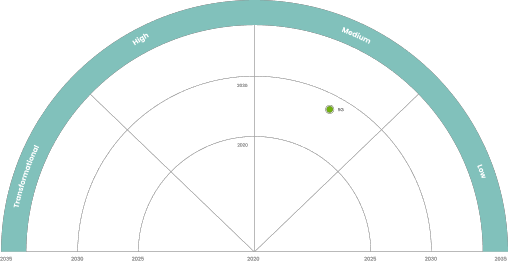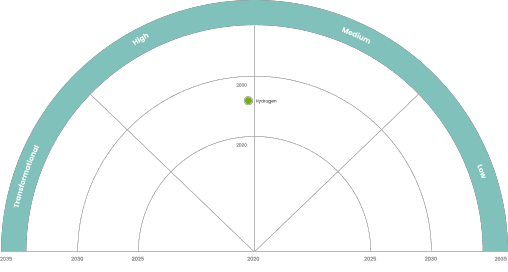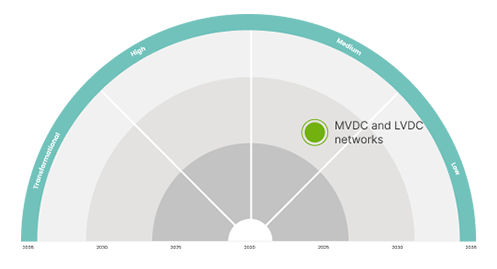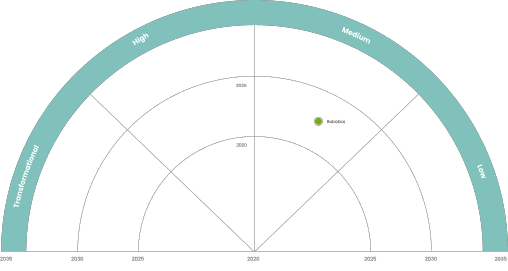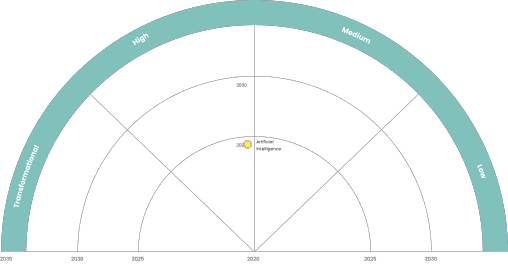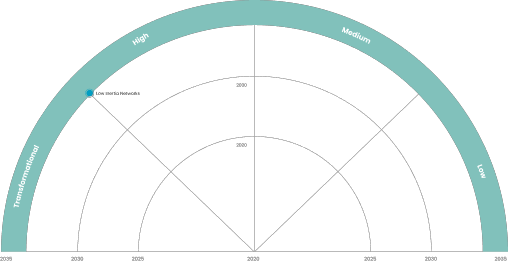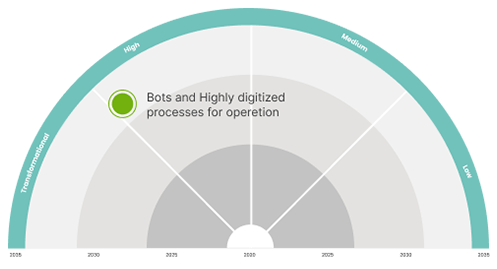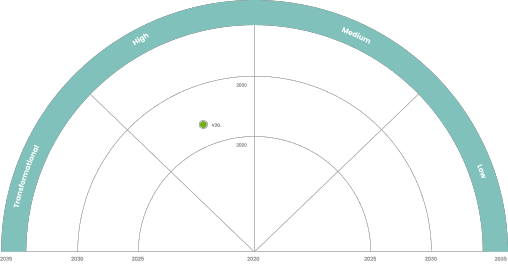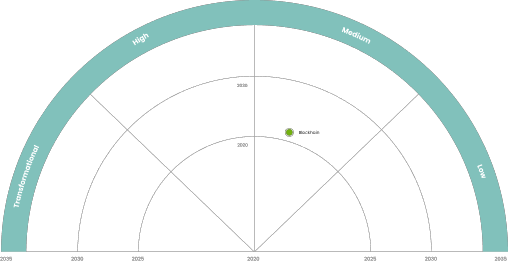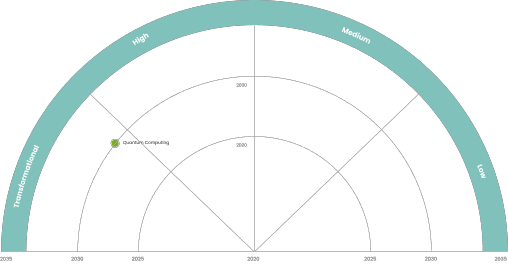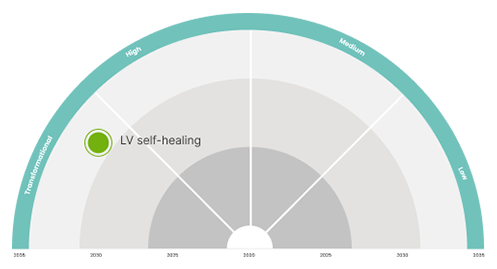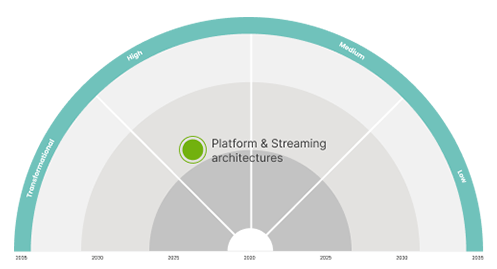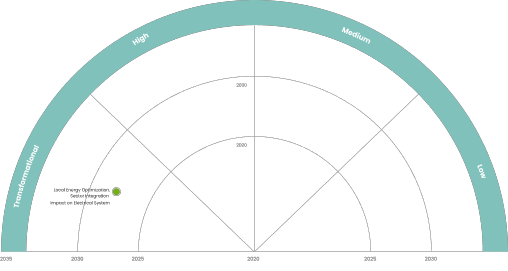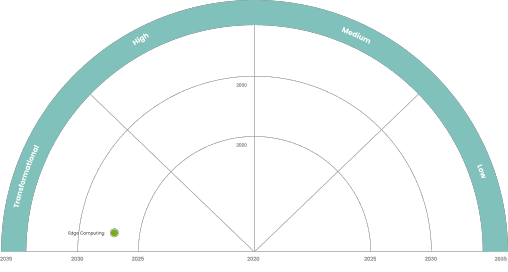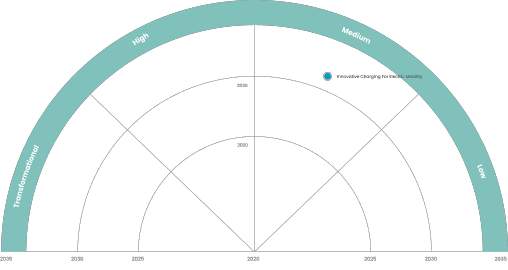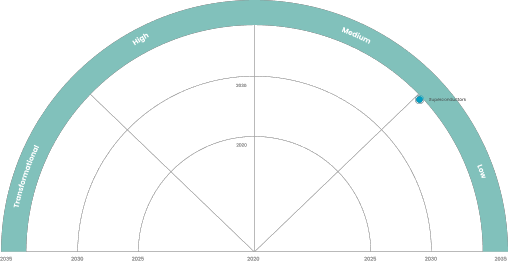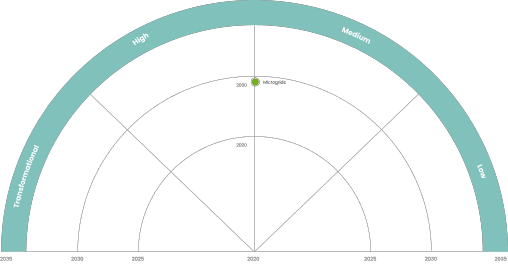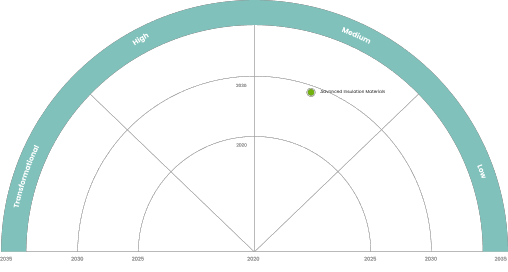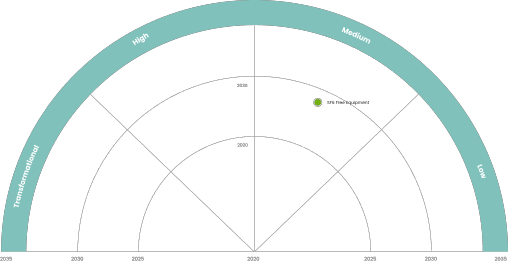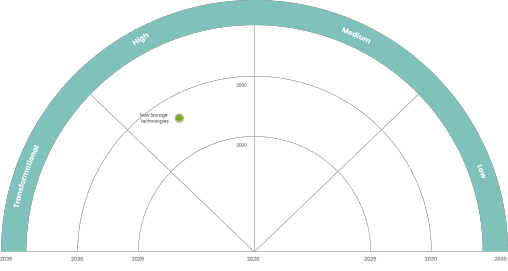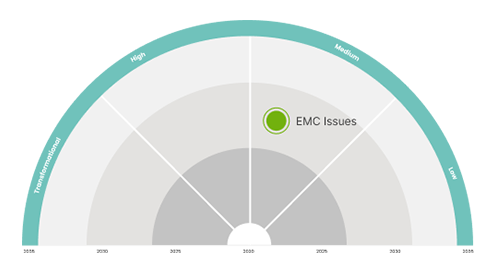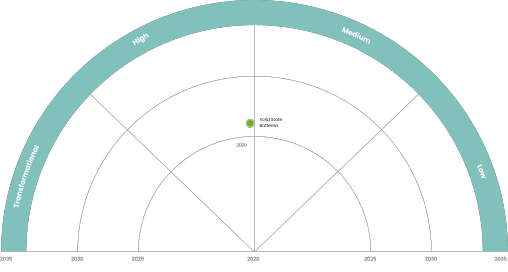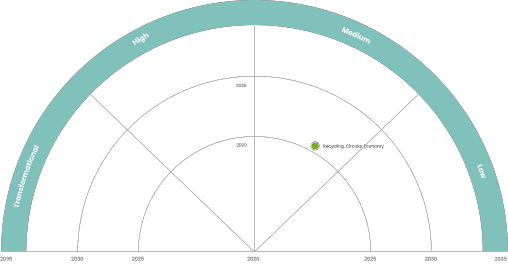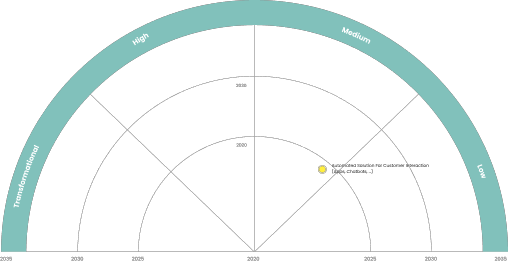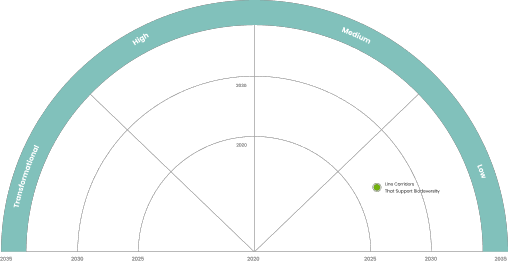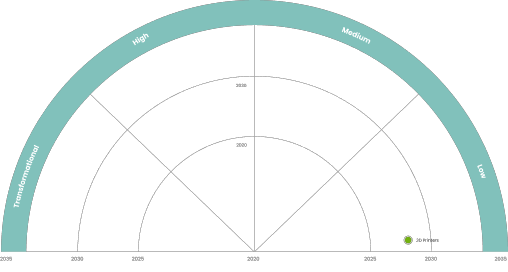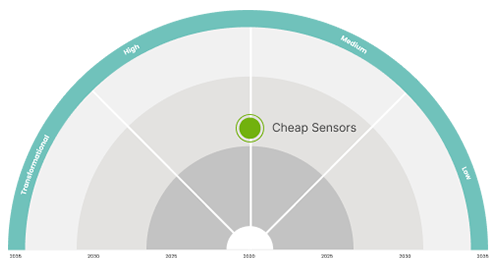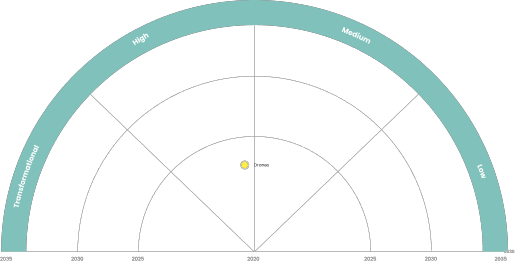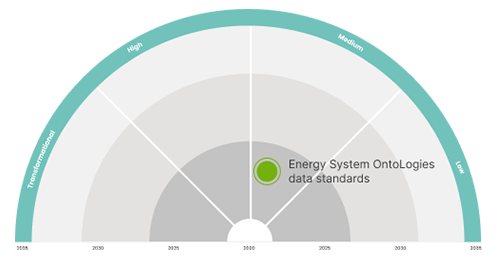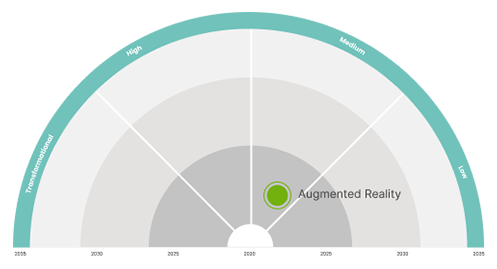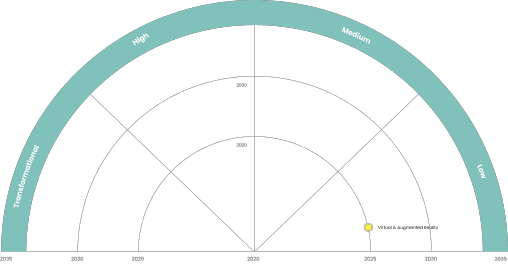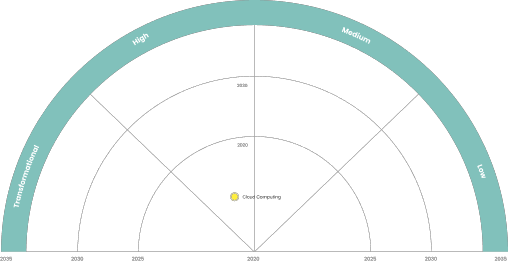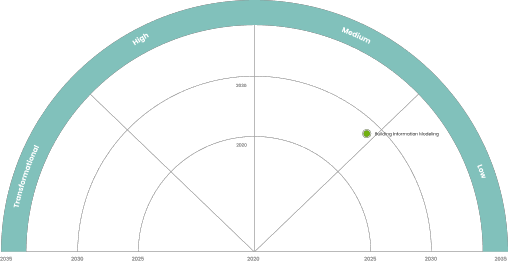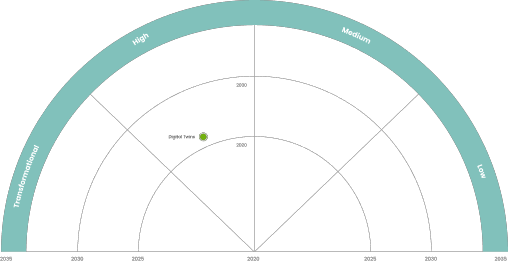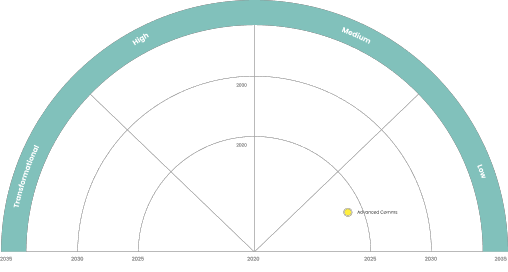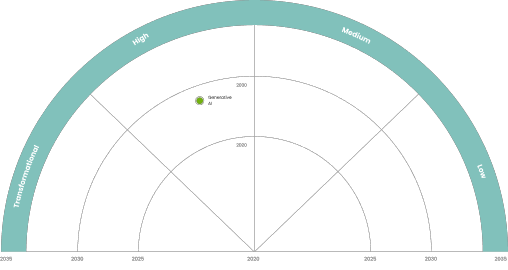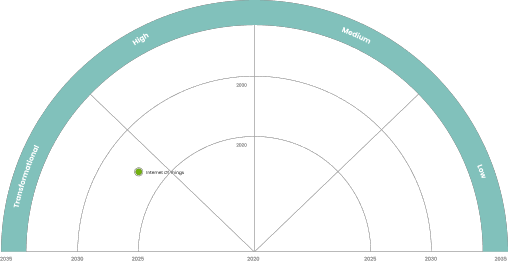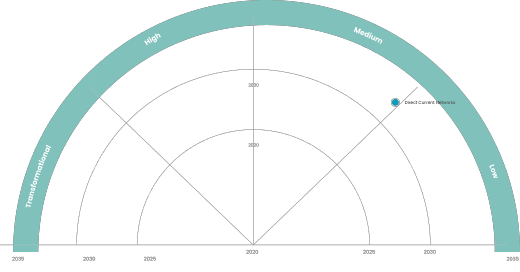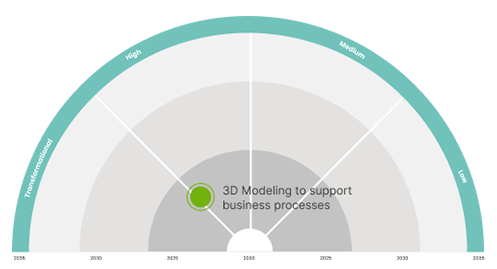It is essential to increase energy performance levels substantially beyond those required by current EU building rules, and to realize the deployment of Positive Energy Districts across Europe in order to achieve the energy transition by 2050. Grid’s flexibility has been identified as a key enabler toward sustainable, low‐carbon and climate‐friendly energy systems. In such a scenario, consumers become the main players, reflecting one of the most important Energy Union priorities.
This is addressed with the EUniversal project, which focuses on the flexibility market and consumers, and addresses the paradigm shift in grid operation to effectively overcome the challenges posed by the energy transition cost-effectively and inclusively. It will enable a sustainable, secure, and stable supply of electricity by bringing forward a universal, adaptable and modular approach through a Universal Market Enabling Interface (UMEI). It aims to interlink active system management with electricity markets and the provision of flexibility services, taking also into consideration the activation needs and the coordination requirements with both commercial parties and transmission system operators (TSOs).
The four structural pillars of the EUniversal project are:
- Flexibility enabling technologies and solutions.
- Smart grid solutions.
- Flexibility of market mechanisms, products and platforms.
- The Universal Market Enabling Interface (UMEI).
Thereby, the EUniversal will define, develop, and validate a set of market-oriented flexibility management services from distributed energy resources (DER) in a real environment with a large renewable energy sources (RES) integration and high electrification. Based on this transformative concept, grids will become capable of accommodating future scenarios through the active use of grid services, fostering innovative market mechanisms, and bringing additional value to society.
Hard Facts

Objectives
Key performance indicators, as specified in D6.2, are:
- Increased RES / DER hosting capacity.
- Increase storage solutions penetration.
- SAIDI / SAIFI improvement using a novel methodology for including grid resilience metric in planning and operation of the distribution grid.
- Develop standardized flexibility services for distribution grids provided by DER, storage, microgrids or energy communities, through UMEI, with different regulatory / grid contexts.
- Distribution grid investment avoidance or deferral using flexibility.
- Power of flexibility activated by energy players.
- Reinforcement of Distribution Grid Resilience, including in extreme events.
E.DSO and DSOs
The project aims at transforming the market by enabling the coordination between DSOs and market players through agnostic technology integration of market platforms. System planning and operation shall reduce distribution grid investments due to the increased use of flexibility, allowed by new data-driven tools to pre-identify technical problems and define the most adequate control actions to accommodate DERs and EVs, and resilience-driven planning tools shall allow for the reinforcement of distribution grid resilience and flexibility to extreme events.
To demonstrate the services generated in the development phase of the project, 3 different demonstration sites in Portugal, Germany, and Poland are conducted to validate the project solutions. E.DSO is particularly engaged with the harmonization of these demonstrations:
- Portuguese demo: Demonstration of the UMEI concept in the management of market-driven flexibility services for LV and MV grids.
- German demo: Congestion management using market‐driven flexibility via the UMEI in LV networks.
- Polish demo: Grid observability and future networks supporting flexibility management via the UMEI.
A strong focus is put on active consumer participation and access to markets, allowing them to be part of the energy transition. Additionally, DSOs are regarded as active system managers and market facilitators corresponding to their evolving roles in electricity markets as well.
Eventually, the development of the UMEI will allow for future standardization of an interface capable of easily integrating, in an open and safe environment, DSOs, market agents as well as TSOs platforms. This will allow for effective market enablement, resulting in an interoperable ecosystem. EUniversal’s key concept is open, adaptable, and futureproof to be used by all stakeholders, thus facilitating replicability across Europe. The outcomes will enable distribution grids across Europe to support a secure and cost‐effective energy transition in cooperation with all related parties. The strong commitment of partners such as E.DSO, E-REDES, E.ON with MitNetz, and Energa introduces additional assurance for the promotion of a pan‐European grid approach.
More Information
- All public deliverables
- Characterization of current network regulation and market rules that will shape future markets
- Observatory of research and demonstration initiatives on future electricity grids and markets
- Challenges and opportunities for electricity grids and markets
- Flexibility Toolbox
- Identification of relevant market mechanisms for the procurement of flexibility needs and grid services
- Definition KPI for DEMOs
- Regulatory recommendations for flexibility options and markets
Contact:


